Nation obeys international framework and contributes to global food security
China has been participating in high seas squid fishing under a regulatory framework, and its aquaculture industry has made increasing contributions to global food security, according to a fishery expert.
Chen Xinjun, dean of the College of Marine Sciences at Shanghai Ocean University, made the remarks in response to recent accusations by foreign reporters and actor Leonardo DiCaprio that China is depleting its own fish stock and that Chinese boats have sailed to other waters to continue deep-sea fishing, particularly near Ecuador, affecting local fish stocks in the South American nation.
He said China, in fact, participates in high seas squid fishing under the framework of the South Pacific Regional Fisheries Management Organization, also known as SPRFMO, and keeps close contact with coastal countries, including Ecuador.
Also, China's squid fishing operates far from the Galapagos Marine Reserve, which is about 1,000 kilometers off Ecuador's coast, he said.
China is the world's biggest exporter of aquatic products in terms of trade value, while the United States is the world's biggest importer, according to the State of World Fisheries and Aquaculture 2022, a report published by the Food and Agriculture Organization of the United Nations.
In 2020, total aquaculture production in China hit 49.6 million metric tons (excluding seaweed), making the nation the biggest producer in the world and accounting for 56.7 percent of the global volume, the report said.
The per capita of aquatic products owned by Chinese people is double the world's average, it added.
Chen said by developing aquaculture, China has not only met domestic consumption needs, but has also supplied high-quality products for the global market through exports, making positive contributions to global food security.
In the South Pacific, China mainly fishes the Humboldt squid, which is currently the most productive species of cephalopods, according to figures from the SPRFMO.
The members of the organization participating in the squid fishery include Peru, Chile, Ecuador, South Korea, China and China's Taiwan.
Moreover, China's ocean squid fishing is environmentally friendly, Chen said, disputing allegations that China is engaged in "using trawling nets, which kill more fish than fishermen are allowed to".
"China's squid fishing on the high seas of the South Pacific is a clean operation that has very little impact on marine ecology compared with the trawling nets used by other members (of SPRFMO)," Chen said.
The hooks Chinese fishermen use are specially designed for squid fishing without the risk of bycatch that threatens protected species such as sea birds, he added.
Chen said that fishing operations are far from the Galapagos Marine Reserve, which has a smaller range inside Ecuador's exclusive economic zone.
"Even if the Chinese deep-sea squid fishing vessels are operating on the high seas near the outer limits of the Galapagos Islands' exclusive economic zone, the distance from the protected area is still more than 150 nautical miles," he said. "How could such great distances affect the Galapagos Islands Marine Reserve and its biodiversity?"
Rather, China has been contributing to the conservation of aquaculture resources in the South Pacific, he stressed.
The country has been strictly implementing the SPRFMO Convention. Furthermore, it has adopted more stringent management measures, such as facilitating hourly reports of fishing boats' positions and imposing fishing moratoriums.
For the past two years, China has launched three-month fishing moratoriums on the high seas in key fishing grounds, including in the Southeast Pacific.
Squid resources are improving, demonstrating the initial effect of the moratorium, according to the monitoring of a scientific research team at Shanghai Ocean University.
China's ocean fishery is focused on green, sustainable development and is committed to scientific conservation of fishery resources, he said.








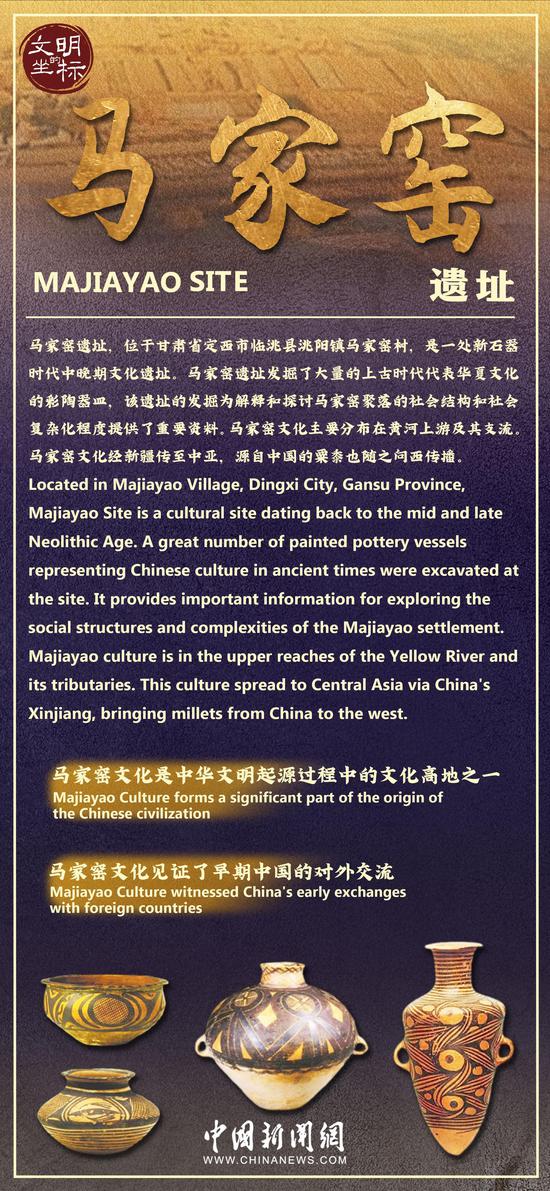
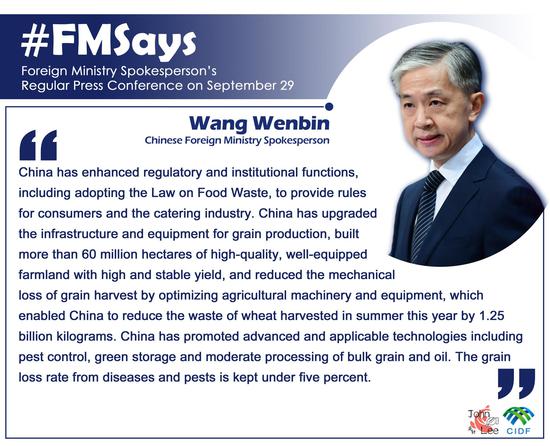
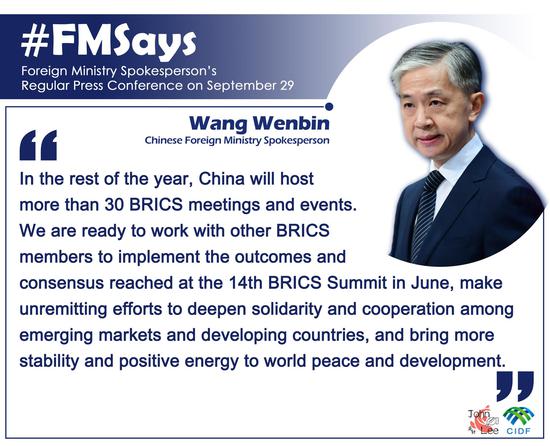

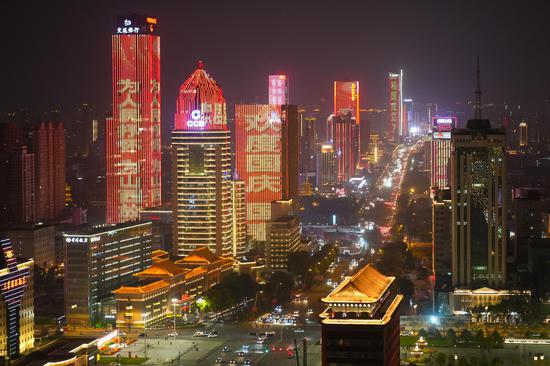



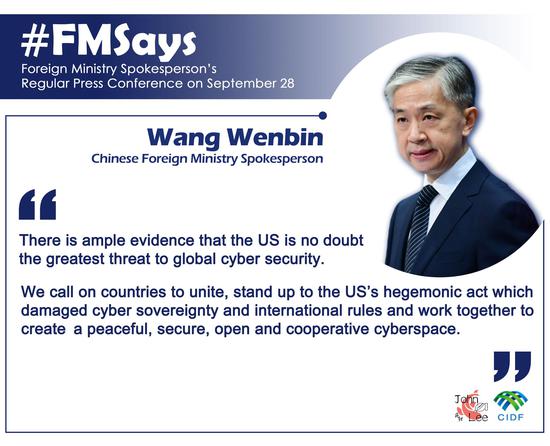





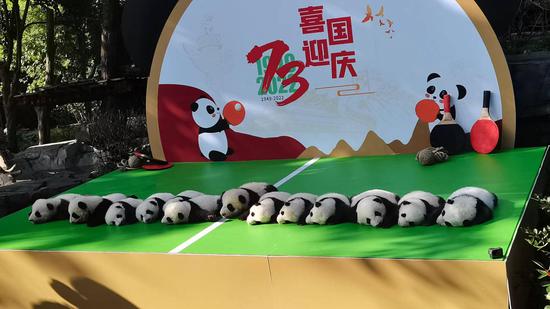



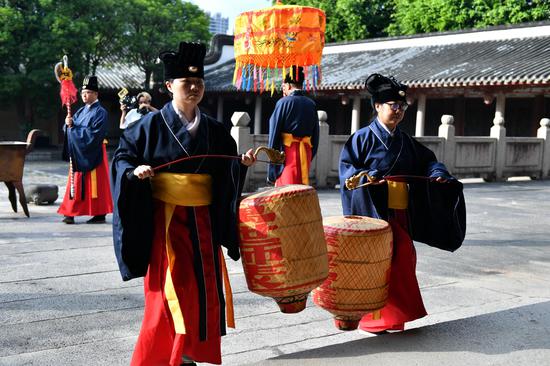

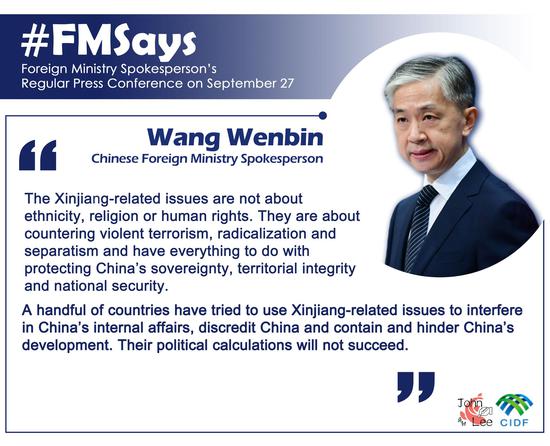
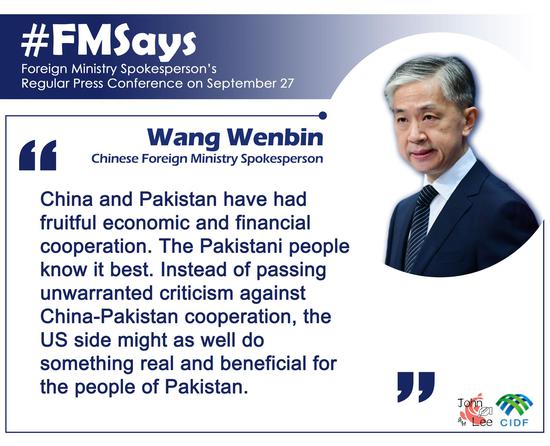

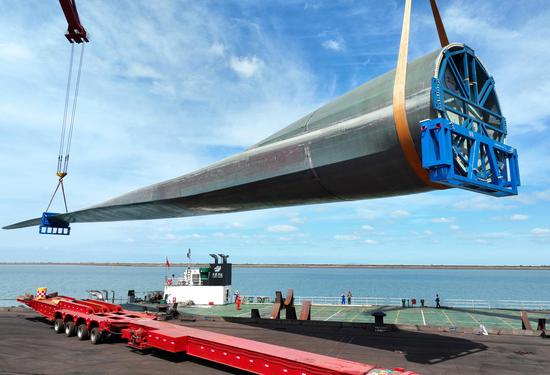
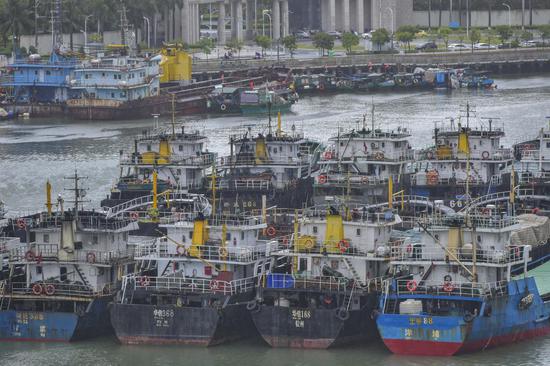

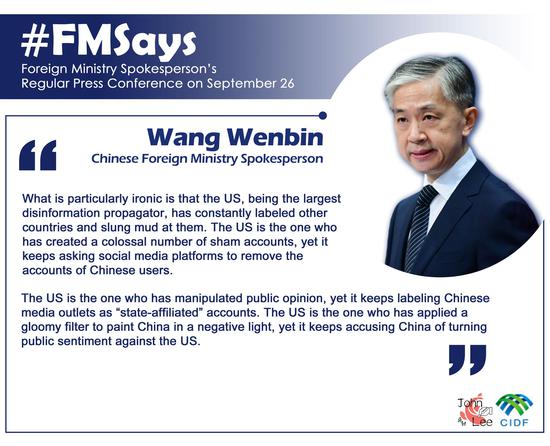
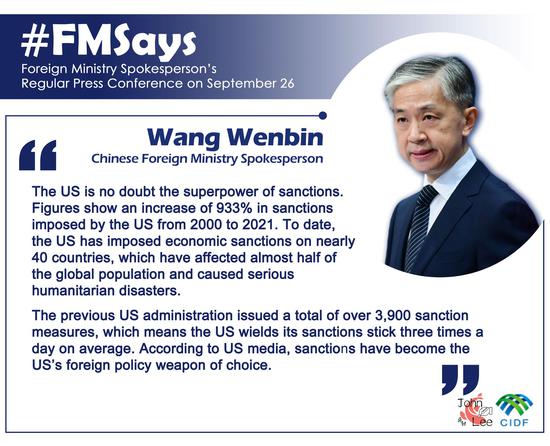
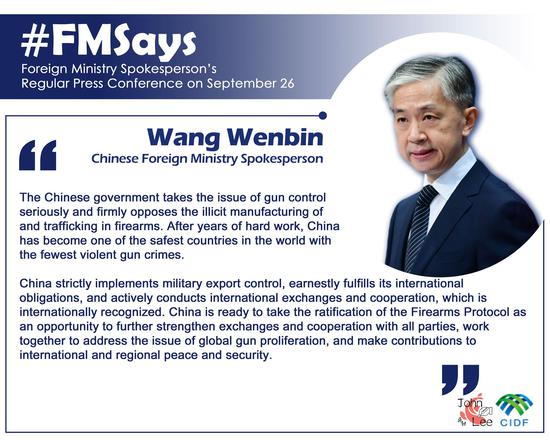
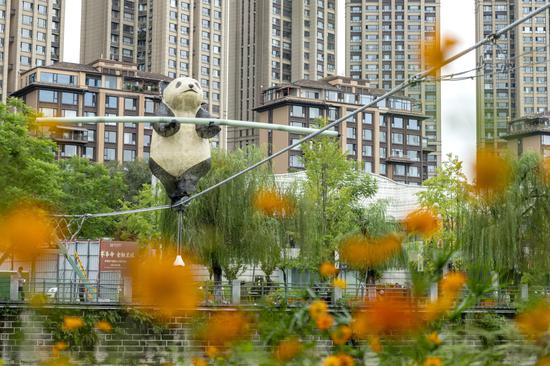

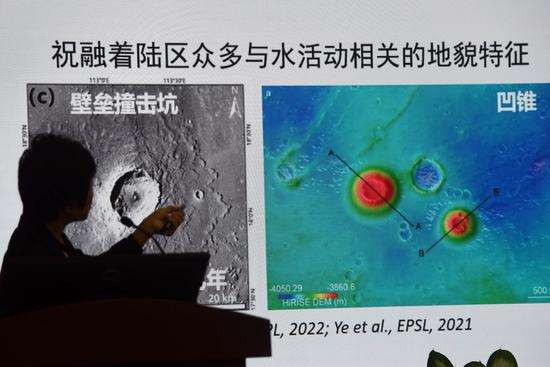
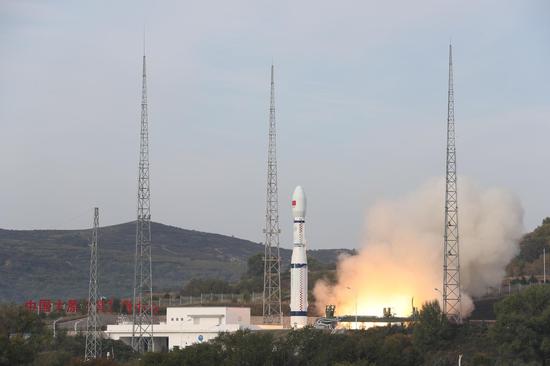

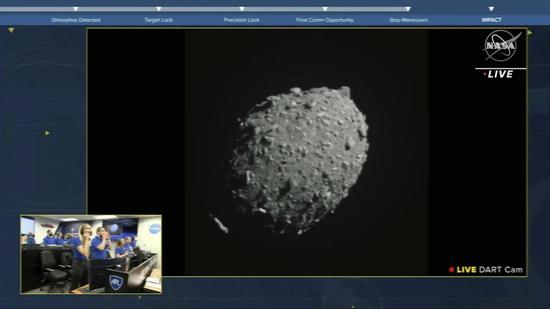
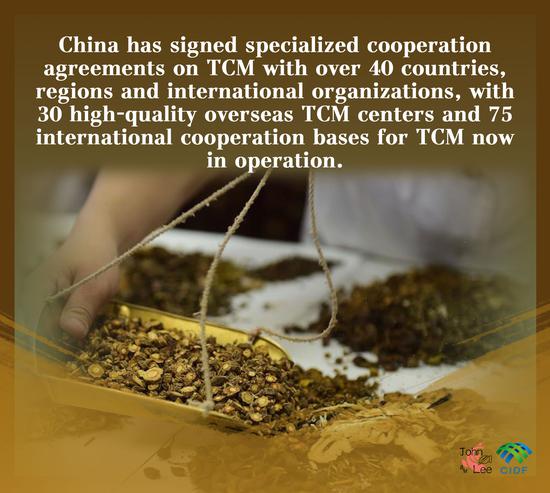






 京公网安备 11010202009201号
京公网安备 11010202009201号